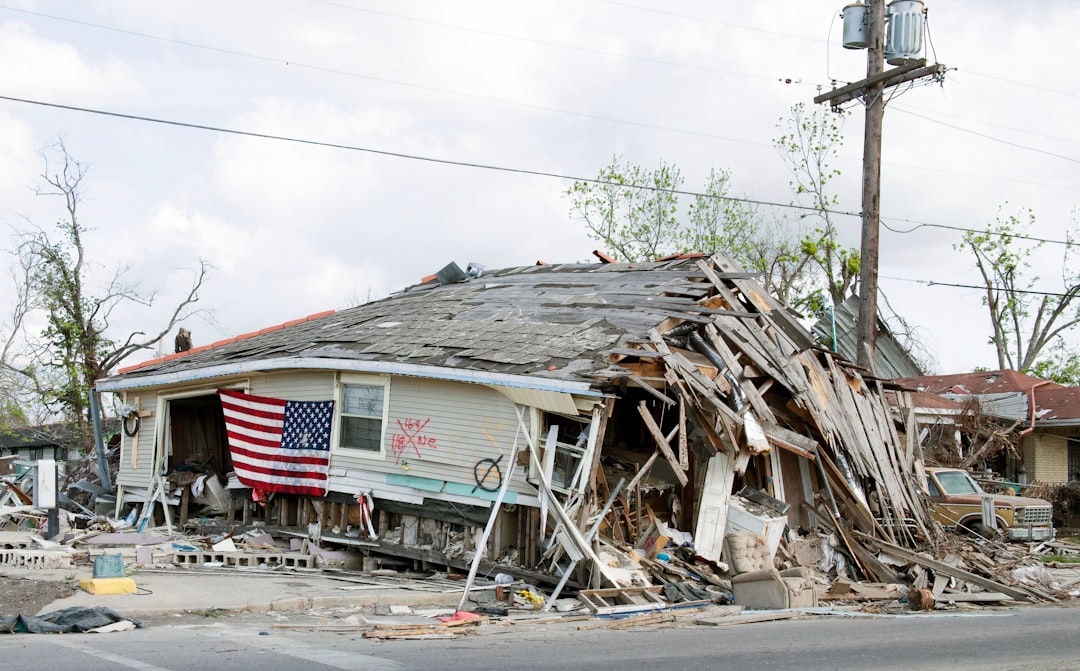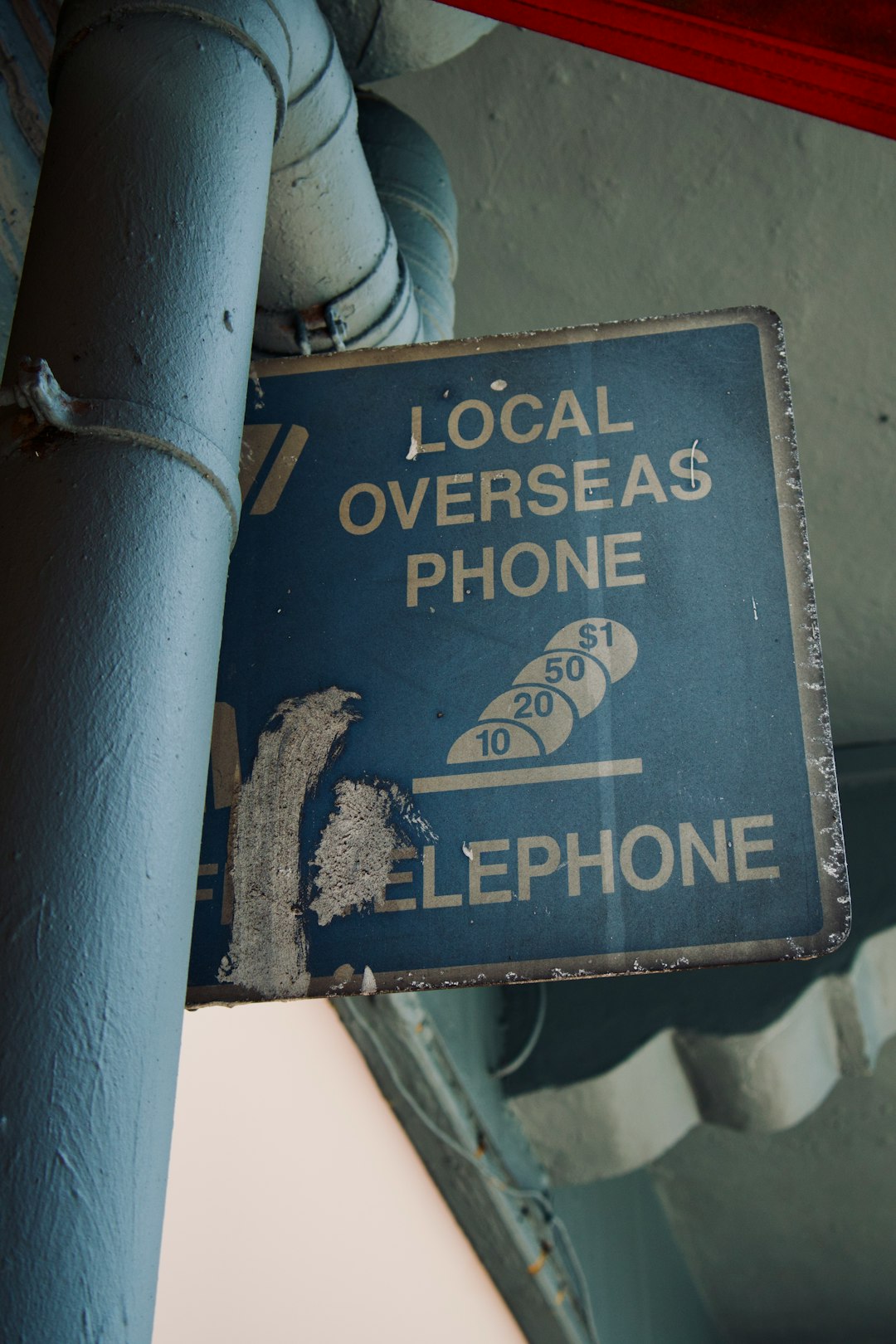Louisiana residents facing unwanted telemarketing calls can protect their privacy and take action under the Consumer Telemarketing Protection Act (CTPA). They can file complaints with the Attorney General's Office or seek legal help from unwanted call lawyers in Louisiana, who offer free consultations and guidance on stopping calls, seeking damages, or both. Key steps include registering on the Do Not Call Registry, documenting interactions, and consulting qualified attorneys specializing in CTPA cases to ensure consumer rights are upheld.
Are you tired of receiving incessant unwanted phone calls? You’re not alone. In Louisiana, the Consumer Telemarketing Protection Act (CTPA) is designed to shield residents from intrusive telemarketing practices. This comprehensive guide explores your rights under the CTPA and equips you with strategies to handle and report persistent telemarketers. If you’ve been a victim of unwanted calls, connect with a qualified unwanted call lawyer in Louisiana from our reputable law firm to understand your options for legal recourse.
Understanding Louisiana's Consumer Telemarketing Protection Act

Louisiana’s Consumer Telemarketing Protection Act (CTPA) is a state-level legislation designed to safeguard consumers from unwanted telemarketing calls. This act grants Louisiana residents powerful rights when it comes to managing inbound marketing communications, especially those deemed as intrusive or unwelcome. If you’re facing an influx of unwanted calls, understanding your legal protections is crucial.
The CTPA offers a comprehensive framework for handling such issues, empowering individuals to take action against telemarketers who violate their privacy. It allows residents to file complaints with the Louisiana Attorney General’s Office and seek legal recourse through a private suit, potentially securing damages or injunctive relief. For those seeking assistance in navigating these rights, consulting with an experienced unwanted call lawyer in Louisiana is advisable. These attorneys specialize in CTPA cases, providing guidance tailored to state laws, ensuring consumers’ rights are upheld.
Your Rights and Protections Against Unwanted Calls

In Louisiana, consumers have significant rights and protections against unwanted calls, thanks to the Consumer Telemarketing Protection Act. If you’re receiving repeated or unsolicited phone calls from telemarketers, you have several options. First, you can register your number on the state’s Do Not Call Registry. This legal list helps prevent businesses from calling numbers that have opted out of such communications. Additionally, Louisiana law allows consumers to request that their information be removed from a company’s call list at any time.
Seeking legal counsel from an experienced unwanted call lawyer in Louisiana can be beneficial if the calls persist or if you believe your rights have been violated. These attorneys specialize in handling cases involving telemarketing practices and can guide you through the process of stopping unwanted calls, seeking damages, or both. Many unwanted call law firms in Louisiana offer free consultations to help consumers understand their options and protect themselves from further harassment.
Taking Action: How to Handle and Report Unwanted Telemarketers

If you’re receiving unwanted telemarketing calls in Louisiana, it’s important to know your rights and options. The first step is to document the calls, including the caller’s name, phone number, and the date and time of each call. Save any voicemails or messages as evidence.
Next, contact a unwanted call lawyer Louisiana or an unwanted call attorney Louisiana from a reputable unwanted call law firm Louisiana. They can guide you on how to handle and report the issue effectively. You can file a complaint with the Louisiana Public Service Commission (PSC) or use their services to take legal action against persistent telemarketers. Don’t hesitate to seek assistance from unwanted call lawyers Louisiana; they’re equipped to protect your rights under the state’s Consumer Telemarketing Protection Act.






